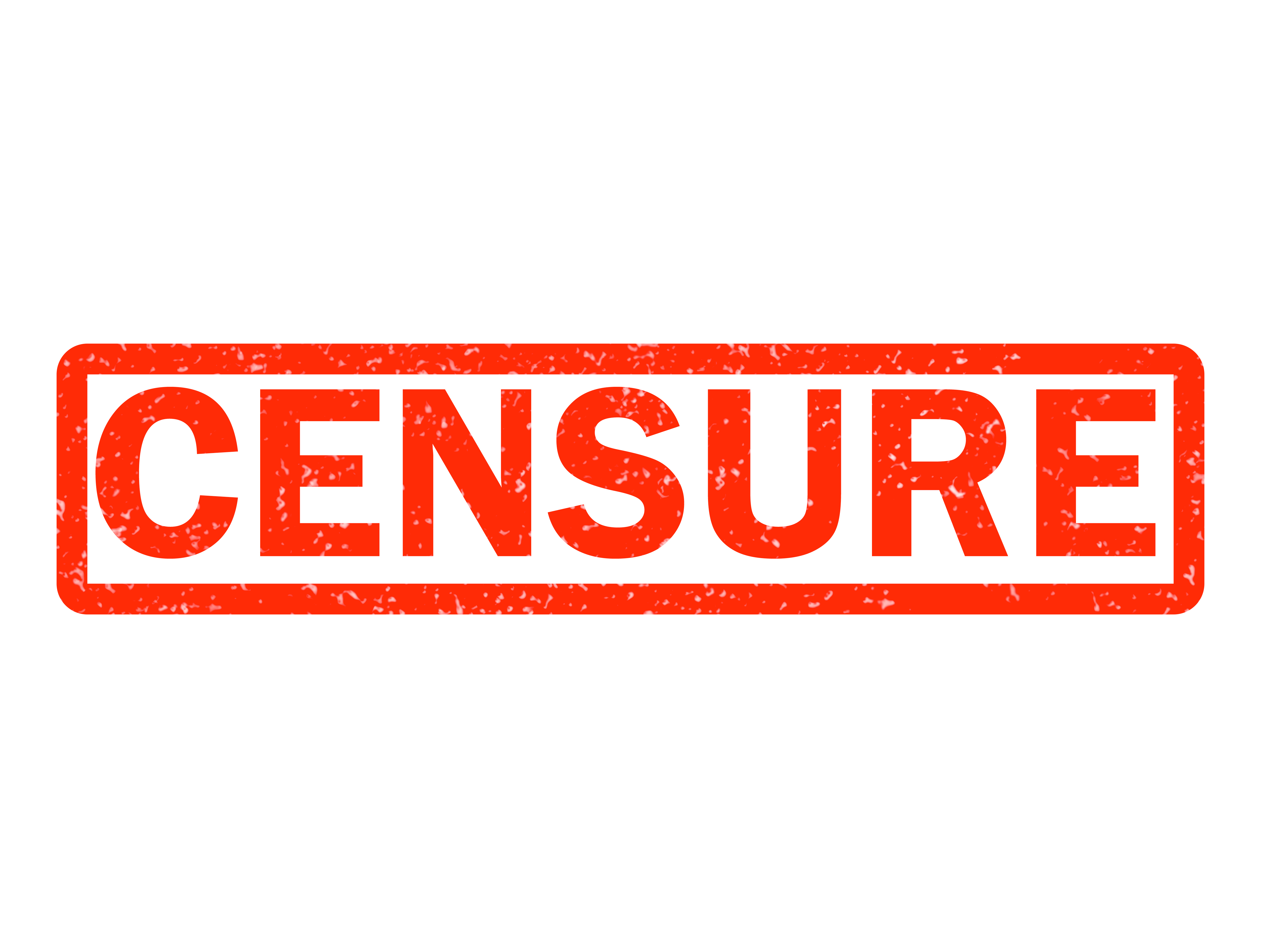Judge censured after representing daughter in family law court

Image from Shutterstock.com.
Judges aren’t supposed to represent clients, but that didn’t seem to stop William Edwards, who sits in Westchester County, New York.
According to a State of New York Commission on Judicial Conduct determination released Jan. 10, Edwards on three separate occasions appeared as an attorney for his daughter in Albany County Family Court. The appearances took place between November 2015 and April 2016, with two of the three matters involving petitions for protection orders.
The commission found that Edwards’ conduct was close to warranting removal, but because he had admitted that his behavior warranted public discipline, and the body was confident that he’d follow judicial conduct rules going forward, censure was appropriate.
Amy L. Bellantoni, Edwards’ counsel, told the ABA Journal that her client declined to comment on the matter. According to a Jan. 10 news release, he agreed to the censure.
The first appearance detailed in the commission determination took place in November 2015. Edwards was there on behalf of his daughter, who was a respondent, according to the document. It does not describe the nature of the allegations.
“I’m imploring the court that they dismiss these allegations and dismiss the charges, these specific charges on those dates, with prejudice so she doesn’t have to come back here again and have me come back here because I’m gonna defend my kid. I can’t represent people as you know as a judge, but I can represent family members. So I’ll come here and defend this zealously if I have to,” Edwards told the court.
Actually, section 100.4(G) of New York’s Rules of Judicial Conduct states that while full-time judges can act pro se, and, without compensation give legal advice to family members, they “shall not practice law.”
At the November 2015 hearing, Edwards also told the court that he was “not looking for any favoritism,” and that he was a “very active” judge, who had been sitting in Westchester Family Court for five years.
“I appreciate the experience that you go through as a Family Court judge but this is nonsensical,” Edwards told the court, according to the determination. Ultimately, the court dismissed with prejudice a petition against his daughter.
The judge was back in Albany County court in March 2016, again representing his daughter, who sought a protection order. The petition was granted.
“Now I’m her father as well as an attorney but I’m actually a judge. I can’t practice law except in my own family cases,” Edwards told the court. He also stated that as a parent and as a judge, he learned one thing—”when you say stay away to a young person, they often don’t stay away.”
A third appearance, in April 2016, involved cross petitions seeking protection orders. The parties could not reach an agreement that day. The next month, Judge Samuel D. Walker, Edwards’ supervising judge, told him that he could not practice law. In June 2016, Edwards’ daughter came to court with new counsel, and the matter was resolved that day.
“It is bad enough for a full-time judge to practice law, even on behalf of a family member. Repeatedly mentioning one’s own judicial status during the proceedings compounds the original misconduct and comes across as an obvious attempt to influence the trial judge. Here, Judge Edwards has admitted wrongdoing, and the Commission believes he deserves another chance,” Robert H. Tembeckjian, the commission administrator, said in the news release.
Commission member Marvin Ray Raskin, a criminal defense lawyer, concurred with the determination about Edwards’ behavior in question, but dissented on the sanction, and recommended removal for Edwards.
“Respondent’s conduct was neither inadvertent nor miscalculated. Rather, it was purposeful and strategic,” Raskin wrote.
According to the Rockland/Westchester Journal News, Edwards was appointed as a judge in 2003, and later elected as a judge. His term expires in 2023.



